Remote Interviews , Remote Staffing
Do’s and Don’ts for remote interviews for software developers
Dressing up for an interview and traveling with a folder with your resume and accolades...
The past year has been a whirlwind. With drastic changes in how we work becoming the ‘new normal’, the workplace is still adjusting to a very volatile situation.
As things are starting to settle, businesses are realising that there is no real ‘post-COVID’ world, but rather a world in which we continuously evolve to work with COVID.
Whilst we’d love to say that 2021 is a time for stability and restoration, the truth is far from it. In 2021, organisations are still being rocked by the ever-changing COVID restrictions and having to be flexible and agile. So, what will the workplace look like in 2021 and beyond?
We’re taking a look at some of the trends we can expect to see as businesses collectively navigate the future of work.
With the way we work changing, many people have been exposed to new work models that they prefer. As people enjoy the remote working lifestyle, many are reluctant to return to the office and this will shape how businesses run.
We’re likely to see a hybrid work model coming into play in 2021 and beyond, with people choosing how they work. Some will prefer office working environments, while others will choose to stay at home. This will need to be accepted by employers as they adjust to becoming more attentive to their employees needs. The hybrid workforce is likely to increase employee engagement and boost employee happiness as the workforce gathers more agency over how they work.
With remote work becoming the new normal, and less people having to commute to locations that they may not be able to get to, diversity in the workforce will increase. With a hybrid model, people can work from anywhere, and this opens up a whole new world of talent that has access to opportunities that would otherwise be impossible. This should be a great thing for the working world, and something that should be encouraged as we move towards a more inclusive workforce.

One thing that COVID has really enhanced is the need for managers to care for their people. It is no longer simply about work performance, but about how a person is feeling. We are much more in tune with our own emotions and those of others, and this has meant that companies are looking to support employees more.
A recent McKinsey study shared that compassionate leadership was going to be one of the key ways to move forward in 2021 and beyond. The report stated:
“Leaders should focus on making a positive difference in people’s lives by demonstrating awareness, vulnerability, and empathy”.

In 2020, many organizations panicked at the prospect of having a workforce that was entirely remote. As such, businesses started investing in tracking technology that helped managers “watch” their team online to see what they were doing. This kind of digital spying seemed okay at the time, as widespread remote working was an entirely new concept. However, as we all become used to the remote work model, research is showing that employees aren’t comfortable with being monitored in this way and it is therefore likely to grind to a halt.
Gartner research found that less than 50% of employees trust their organization with their data, and 44% don’t receive any information regarding the data collected about them. This will likely be deemed unacceptable in 2021 and beyond, so employers are urged to come up with better management systems that work for both the employee and the employer.
Warren Buffet once said that “if you don’t find a way to make money while you sleep, you will work forever”. One of the best ways for small businesses to make money while they (literally) sleep, is to work with people on different time zones.
By working with people who are on time zones ahead of them, they will always be a day ahead. Take for example a manager who briefs a task at 5pm Texas, USA time but is working with someone on Australian Eastern Time in Sydney. The employee will get the task at 9am the following day and have a whole day to work on it before the manager even wakes up. This kind of flexibility with time zones will likely benefit employers, who can start to work smarter by working across different time zones.
A great way to benefit from this time zone flexibility is by outsourcing. Outsourcing enables employers to access top talent working on different time zones, meaning you can work smarter, more cost-effectively and with the best talent from around the world. To learn more, schedule a call with the experts today.

Dressing up for an interview and traveling with a folder with your resume and accolades...
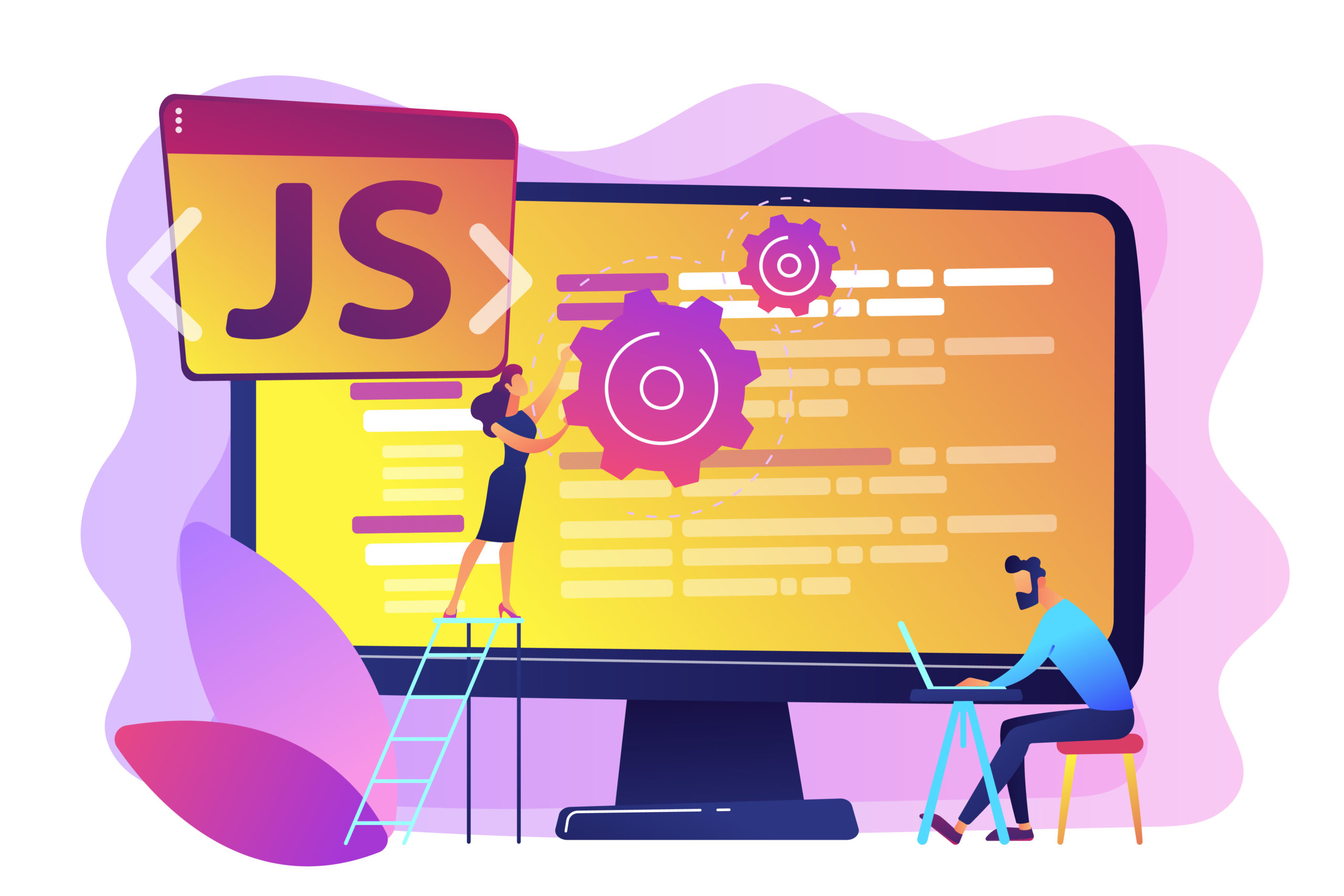
In the ever-evolving world of technology, Java continues to be a popular and widely used...
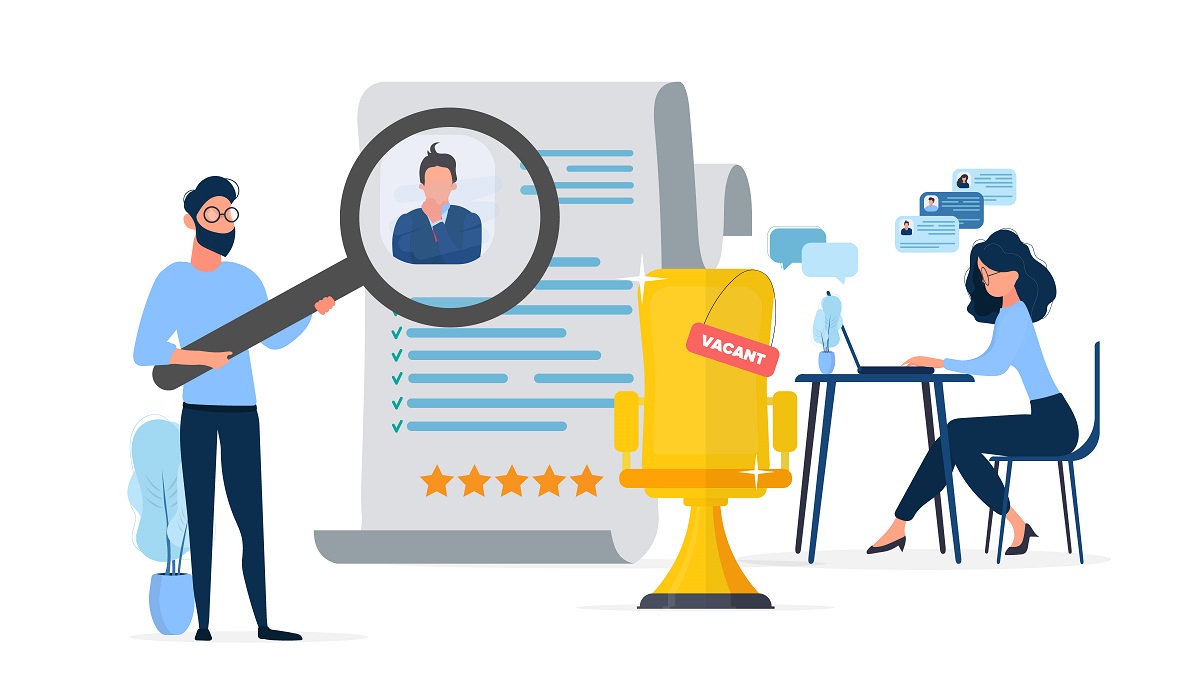
Remote work has been around for a while, but the COVID-19 pandemic accelerated its adoption....

Introduction: Case 1: In 2016, Ravi was a college dropout, and his decision to drop...
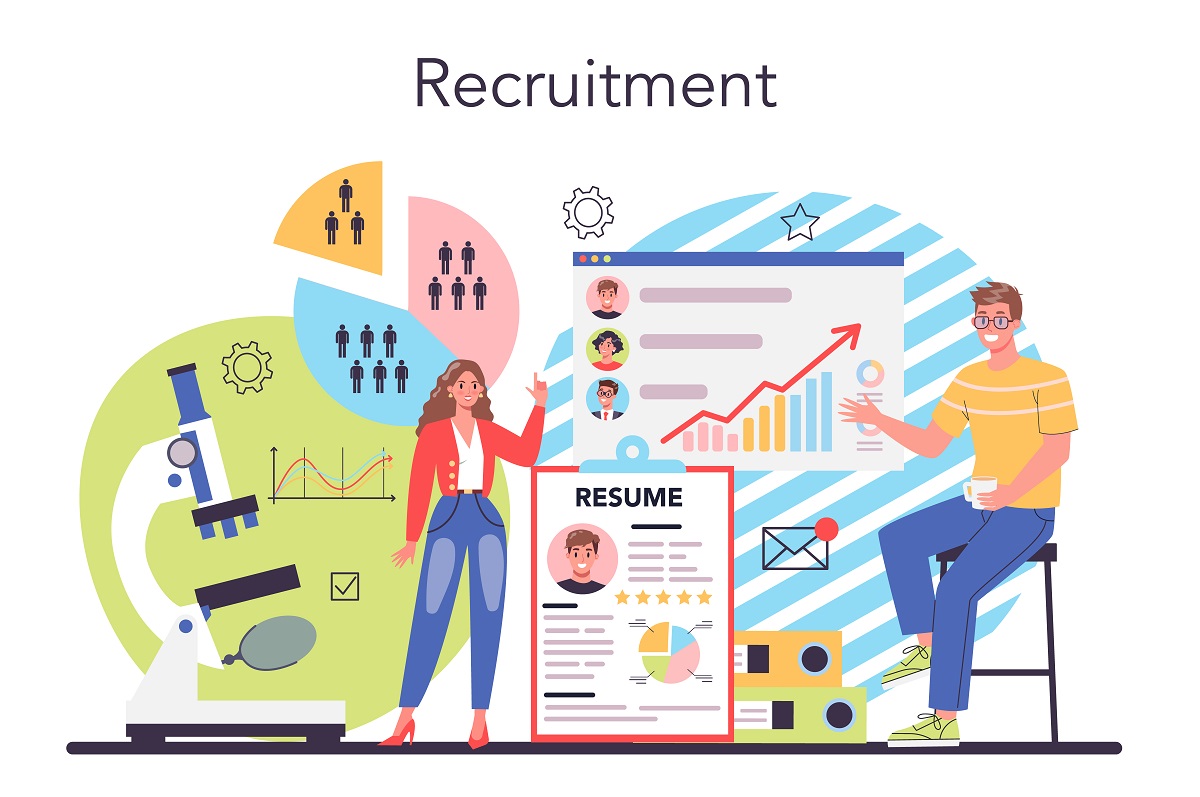
While degree-based hiring has been the traditional approach, the latest trend in IT recruitment is...
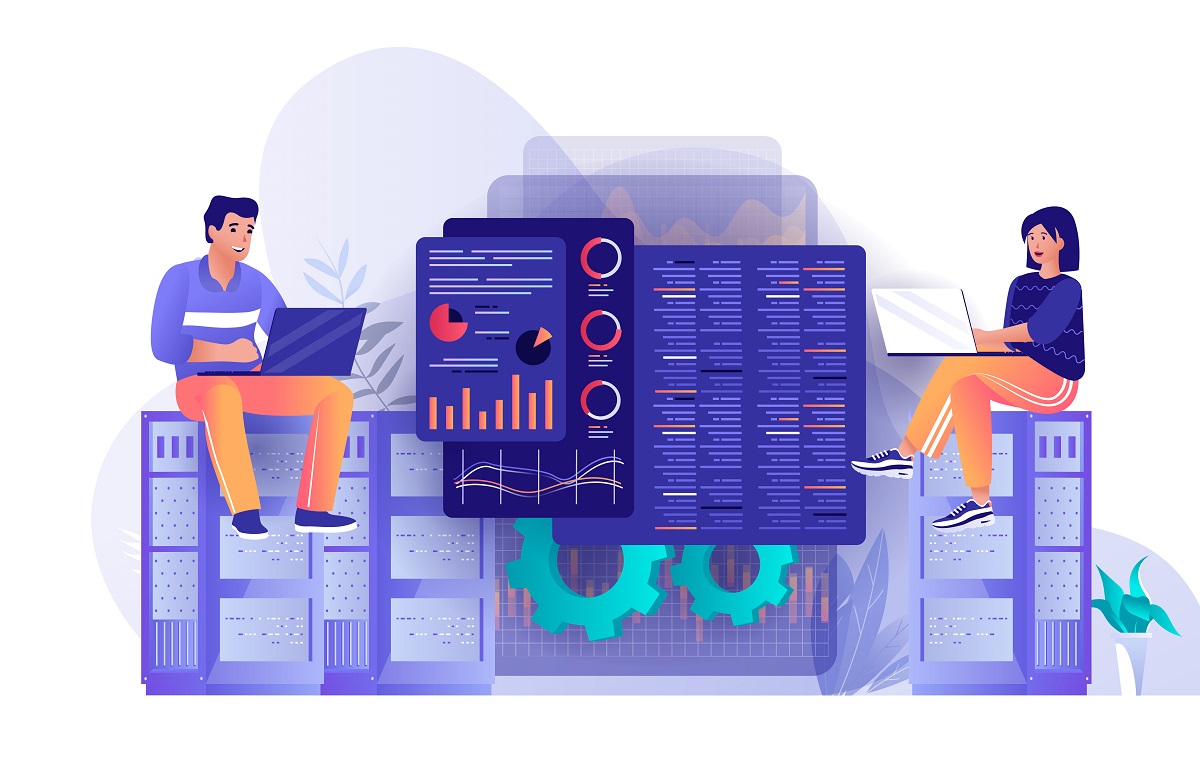
As per Glassdoor Data Engineering ranked in the top 15 of “50 Best Jobs in...

Global advances in technology are increasing the demand for skilled IT professionals at an exponential...
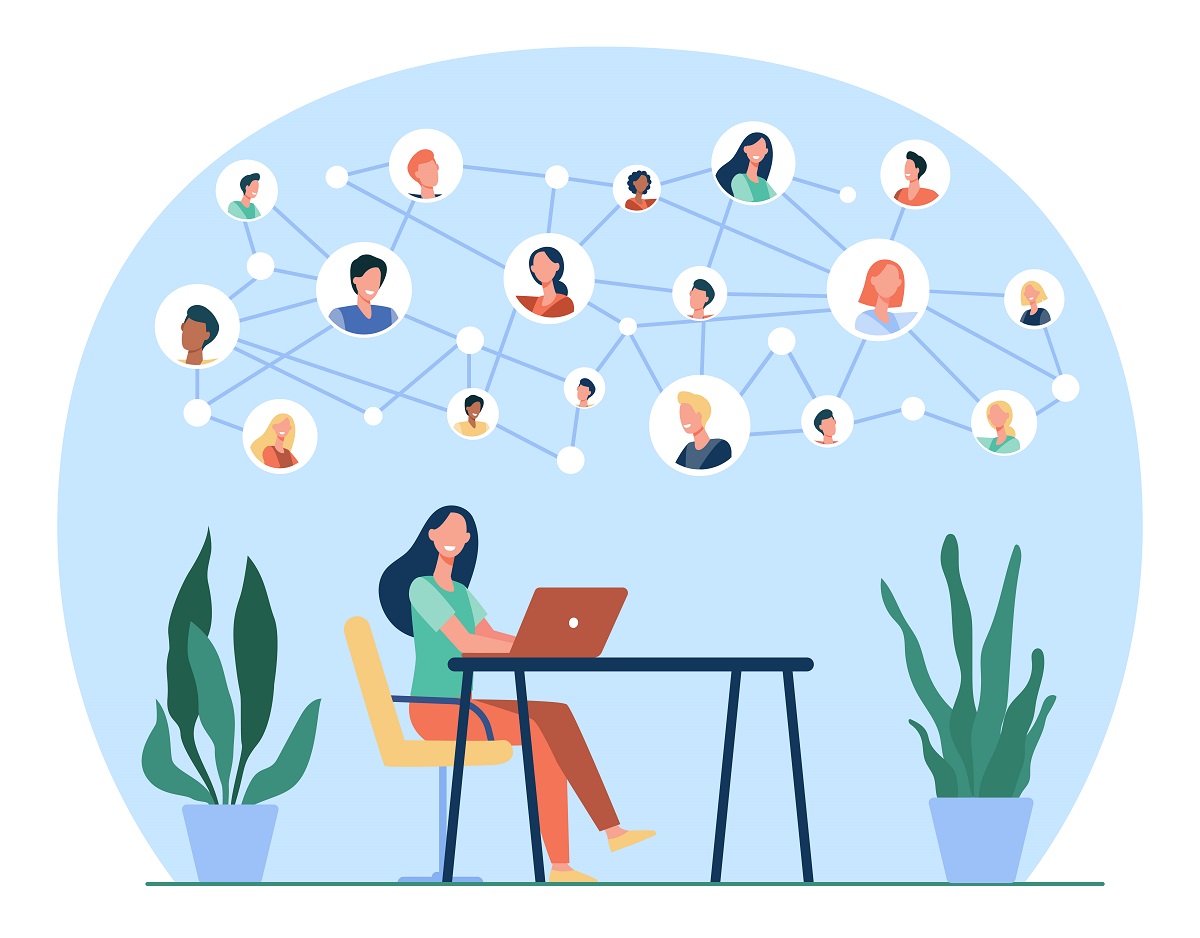
As the trend towards a remote working setup continues to grow, managing such teams has...

Outsourcing IT services has become increasingly popular among companies and business owners looking to expand...